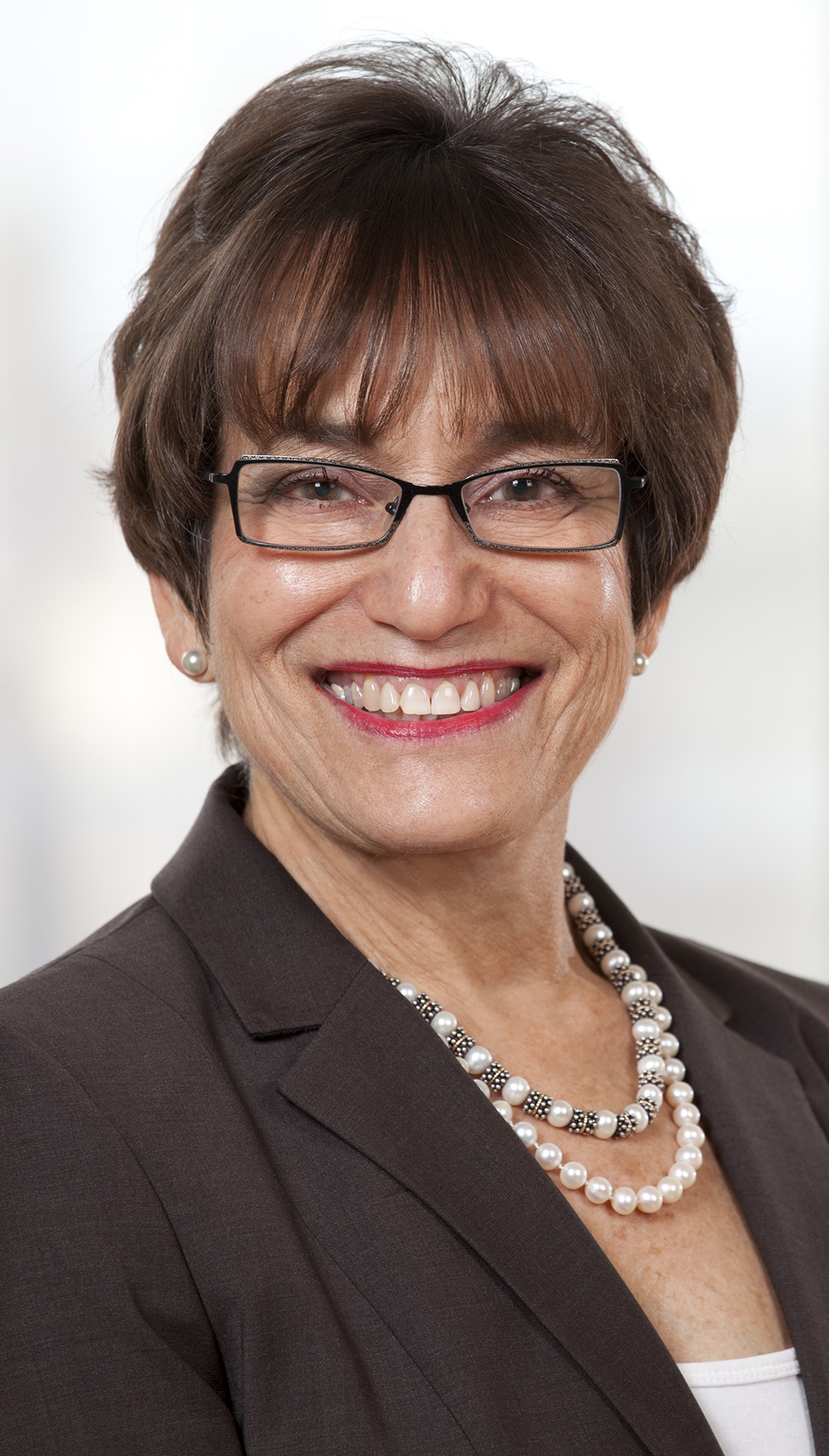
Innovation has always been the hallmark of Southwestern Law School’s SCALE program. The Associate Dean for SCALE, Harriet Rolnick, explains how reforms have increased “fluidity” between SCALE and the traditional program. The most recent change is a new two-year program for students interested in media and entertainment law.
